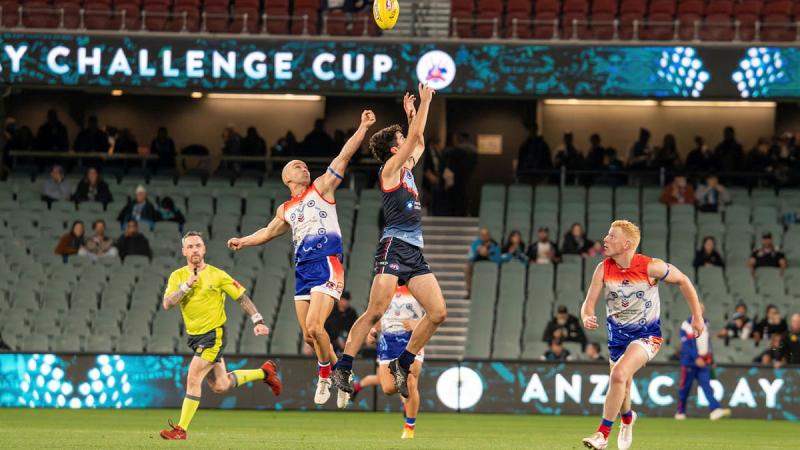The National Health and Medical Research Council (NHMRC) has introduced new special measures under the Sex Discrimination Act 1984 to address systemic disadvantage faced by female and non-binary applicants to its Investigator Grant scheme.
The purpose of the Investigator Grant scheme is to provide a salary (if needed) and a flexible Research Support Package (RSP) for outstanding researchers at all career stages.
From 2023, NHMRC will:
- continue to use structural priority funding at the Emerging Leadership levels (EL1 and EL2) to the extent necessary to achieve gender equity targets
- for the Leadership category (L1, L2, L3 combined), adopt an intervention to achieve equal numbers of grants by gender
- include non-binary researchers alongside women in both gender equity interventions (structural priority funding for Emerging Leadership grants and the new intervention for Leadership grants)
- adopt a single RSP of $400,000 for all Leadership grants
- continue to use structural priority funding to support Aboriginal and Torres Strait Islander researchers at all levels of the scheme.
These changes will be implemented in the 2023 Investigator Grant round (for funding commencing in 2024), which opens for applications on 25 January 2023.
This approach to the Investigator Grant funding framework is expected to address gender disparities for women by:
- maintaining a strong pipeline of female researchers in the early and mid-career stages
- ensuring that women continue to be funded at later career stages in sufficient numbers to be visible
- making it attractive to recruit, retain and support women so that they may achieve the level of success that makes intervention unnecessary.
It also makes support available for non-binary health and medical researchers to help realise the NHMRC Gender Equity Strategy 2022-2025 vision for a gender diverse and inclusive health and medical research workforce to take advantage of the full range of talent needed to address Australia’s current and future health challenges.
Responding to consultation outcomes
NHMRC’s approach to gender equity in the Investigator Grant scheme for 2023 and beyond has been informed by consultation with the research sector in July and August 2022.
Continuing to use (and increasing) structural priority funding (Options 1 and 2) received support, especially for the Emerging Leadership levels where it was acknowledged that this existing gender equity intervention is helping build the pipeline of female early to mid-career researchers. This intervention will now be available to researchers who identify as non-binary, as well as female researchers.
At the senior levels of the scheme, NHMRC is introducing a new intervention to award an equal number of grants to women and men across the Leadership category and to award a single RSP valued at $400,000 per year (replacing the previous tiered RSPs).
In the consultation, the proposal to implement a single RSP for all Leadership grants was well supported, regardless of the preferred option to achieve gender equity. Shifting to a single RSP was viewed as more equitable and will provide all Leadership grant recipients the same opportunity to progress their research, including those supported by structural priority funding, which can include Aboriginal and Torres Strait Islander researchers. The value of $400,000 was chosen because it is the closest tier to the average RSP currently awarded across all Leadership grants.
Option 3 (equal numbers of grants awarded to men and women) and Option 4 (equal total funding awarded to men and women) were both well supported in the consultation, with Option 4 receiving the greatest support of all four options.
NHMRC is introducing an intervention for the Leadership category to achieve equal numbers of grants awarded to women and men, rather than equal funding, noting that they both produce very similar outcomes, particularly with the introduction of the single RSP. Most importantly, this new intervention is focused on increasing the numbers of women funded. This, more than anything else, will ensure that the excellent contributions of Australia’s female researchers are enabled and recognised, as well as ensuring female leaders are active and visible role models for the next generation.
These special measures will be subject to ongoing monitoring and evaluation to ensure they are achieving their intended goals.







